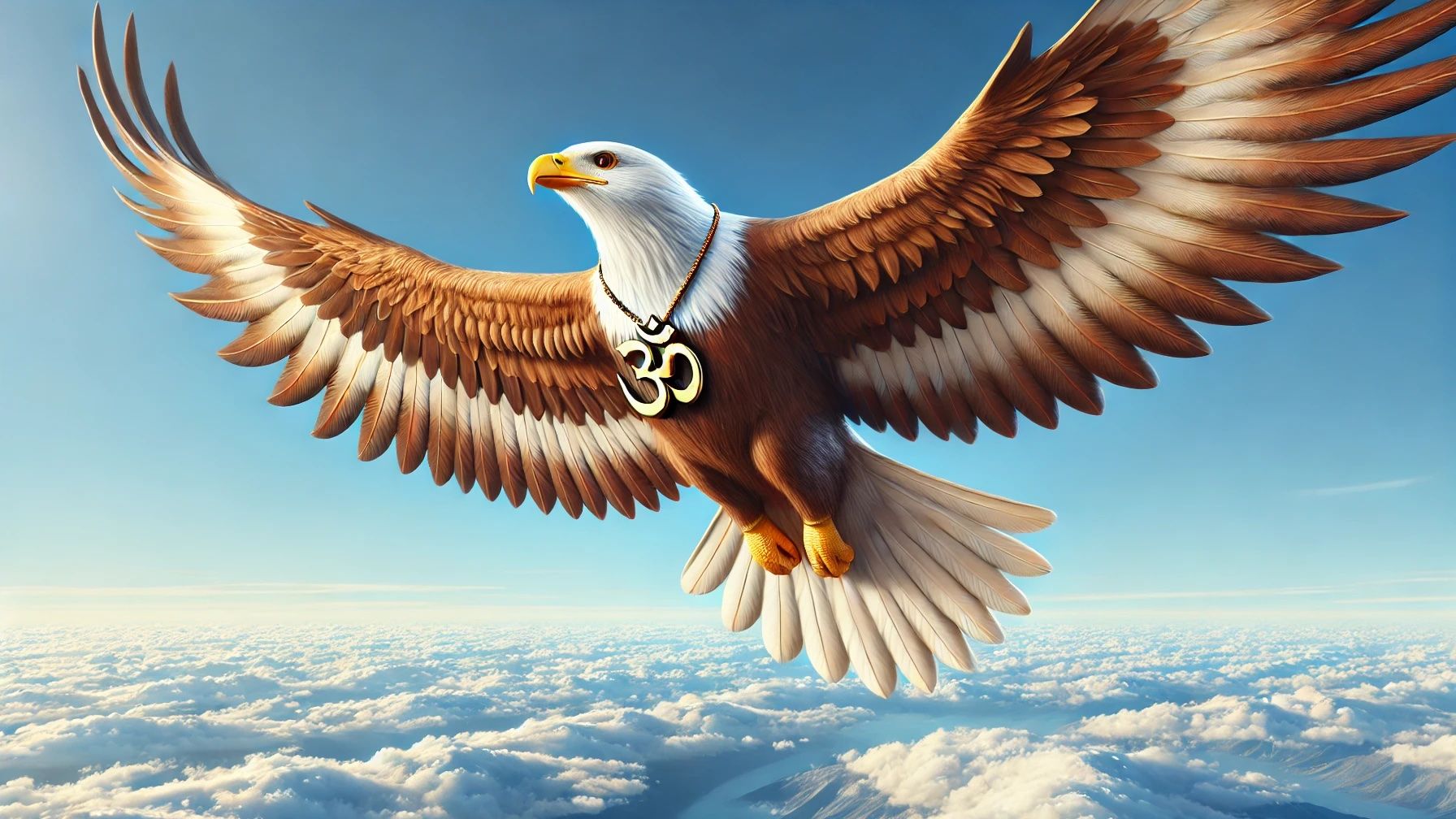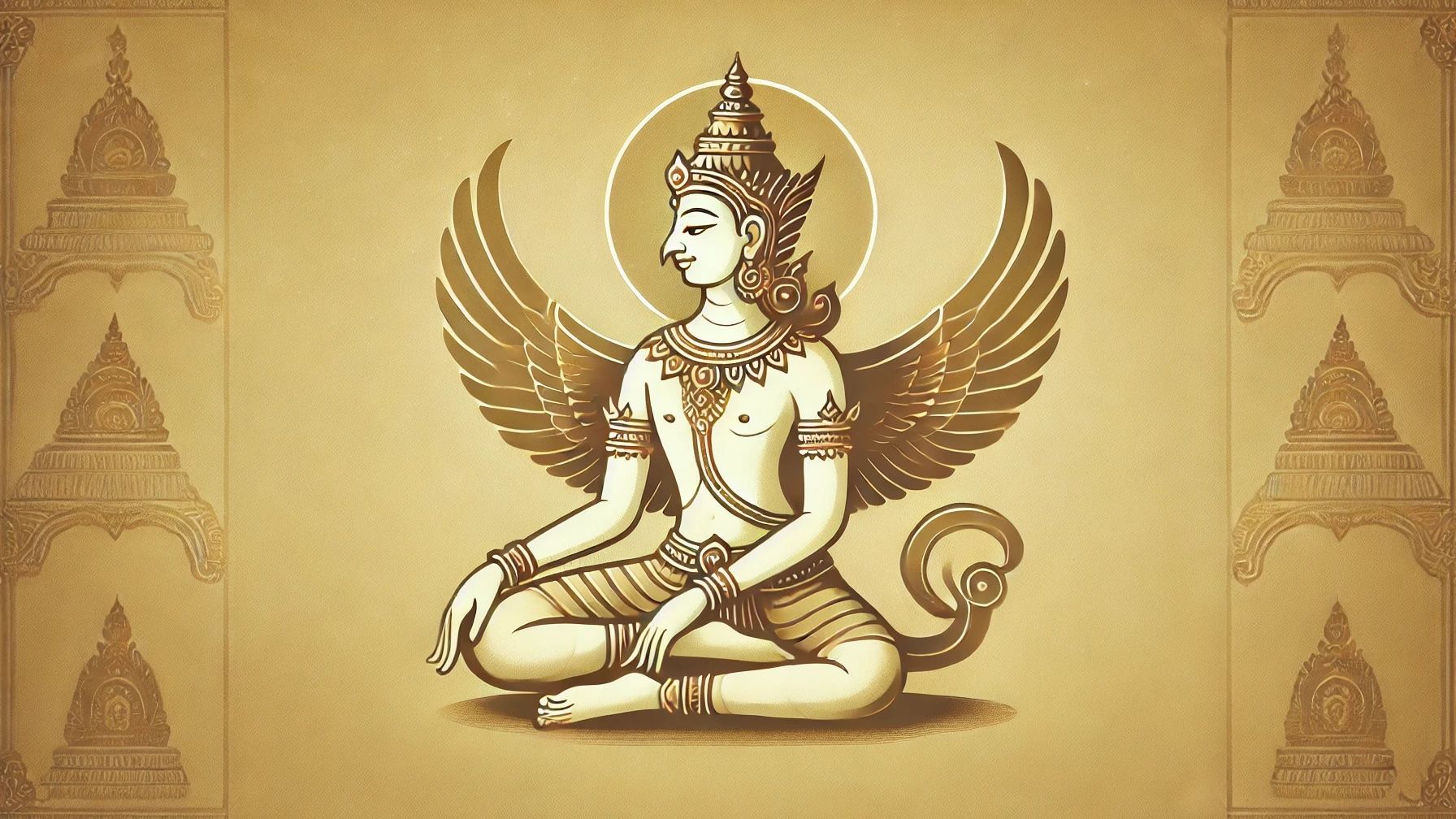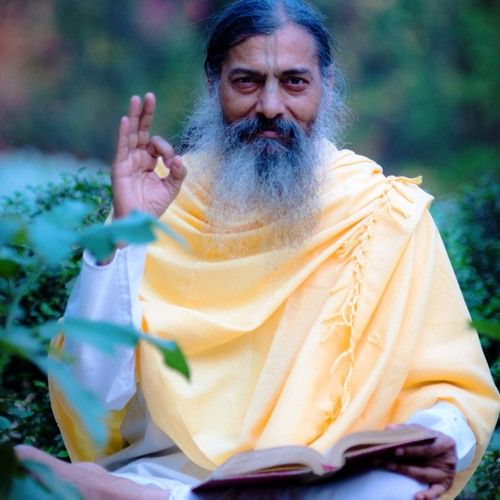VAIRĀGĪ - वैरागी
The Renouncer


The Eagle
The Renouncer
Vairāgī's are symbolized by the eagle, reflecting a solitary life detached from material possessions, societal roles, and relationships. They live peacefully, free from dependence on life's transient aspects, focusing on inner strength and spiritual sustenance over external validation.
Detached
An eagle demonstrates detachment by soaring high above, observing the world without getting entangled in its chaos, maintaining a perspective that transcends immediate distractions.
Peaceful
The eagle exudes peace as it glides gracefully through the sky, using minimal effort and conserving energy, embodying harmony with the natural flow of its environment.
Spiritual
Eagles symbolize spirituality by soaring to great heights, closer to the heavens, representing a connection to higher realms and a quest for wisdom beyond the mundane.
Sanskrit Meaning
Vi (वि): A prefix meaning "apart," "without," or "free from."
Rāga (राग): Meaning "attachment," "desire," or "passion."
ya (य): A suffix that denotes a state or quality.
Thus, Vairāgya literally translates to "the state of being free from attachment or desire," which we interpret as dispassion, detachment, or renunciation. Therefore, Vairāgī means "one who possesses dispassion" or "a person who has renounced attachment and desire."


Vairāgī’s Superpowers
In Hinduism the eagle personality type aligns deeply with spiritual principles. More specifically, its core traits of detachment, peace, and spirituality, comes with some awe-inspiring "superpowers":
-
Keen Vision of Detachment: Like an eagle spotting a mouse from miles away, this personality can rise above drama and distractions, seeing the bigger picture with clarity and focus. They’re masters of perspective, unshaken by life's chaos.
-
Graceful Calm of Peacefulness: Just as an eagle glides effortlessly through turbulent winds, this personality handles life’s challenges with serenity and poise, conserving energy for what truly matters. They're like the eye of the storm—still and steady.
-
Sky-High Spirituality: Soaring closer to the heavens, they have a natural connection to higher wisdom and deeper truths, inspiring others to reflect and grow. They're like a walking (or flying) reminder of the bigger, cosmic picture.
Vairāgī’s in Different States of Mind
The Vairāgī type belongs to the category of Uplifters, who are typically in a sattvic (peaceful) state of mind. However, the human mind naturally shifts between the three gunas: sattva, rajas, and tamas. See how The Vairāgī's mind manifests in each of these states.
Sattva
Peaceful. Clear.
In Sattva, a Vairāgī embodies enlightened detachment, serving as a beacon of peace and wisdom. They bring clarity, calmness and are deeply connected to higher truths. They practice detachment with compassion, wisdom, and clarity, not out of apathy but from a profound understanding of life’s impermanence. They inspire others by living a balanced life, engaging in selfless service (seva) while remaining unattached to results. Their focus is on spiritual growth and guiding others toward liberation (moksha). For example, a sage or monk who radiates serenity and shares spiritual teachings.
Rajas
Passionate. Active.
In Rajas, their detachment is fueled by activity and ambition, potentially wavering between focus and restlessness. They are energetic, determined, and goal-oriented, but their detachment can sometimes take a rigid or intense form. They may actively renounce the world, driven by a desire to escape attachments or achieve spiritual milestones. They often oscillate between action and withdrawal, striving for spiritual success yet finding it hard to let go of subtle ego-driven goals. For example, an ascetic who rigorously follows practices like fasting or intense meditation, often with a competitive edge.
Tamas
Passive. Confused.
In Tamas, detachment devolves into apathy, confusion, or escapism, lacking the clarity and purpose that true Vairagya entails. Their detachment may appear as indifference, escapism, or lack of responsibility. They could withdraw not from wisdom but from disillusionment, laziness, or misunderstanding of detachment’s true purpose. They might reject the world but without clarity, leading to neglect of duties, relationships, or even self-care. For example, a recluse who isolates themselves out of fear, bitterness, or a sense of futility, rather than genuine spiritual insight.
Want to learn more about Vedic Personality Types?
Discover the transformative wisdom of Vedic Personality Types as Babaji unveils and explores 13 distinct archetypes—unlock the secrets to understanding yourself and others like never before!
View Course
You are in The Uplifters Svabhāva Group
The Uplifters, driven by love, naturally uplift people. They derive pleasure by giving - be it knowledge, attention to studies, healing, compassion, peace, or purity of heart. They tend to be introverts.
Learn More

